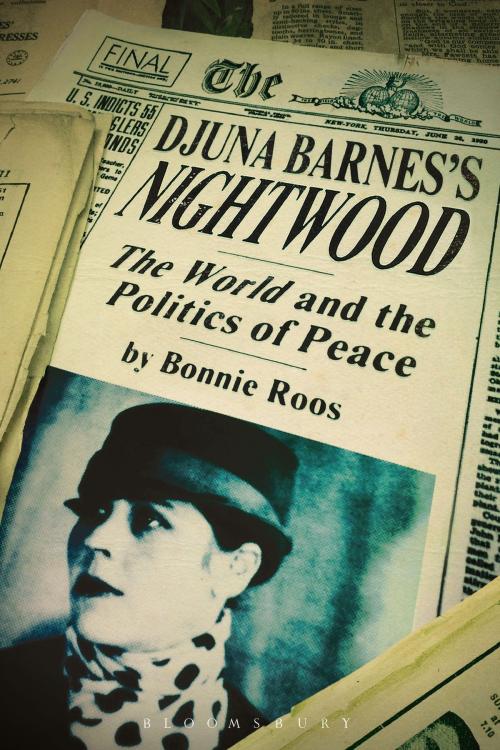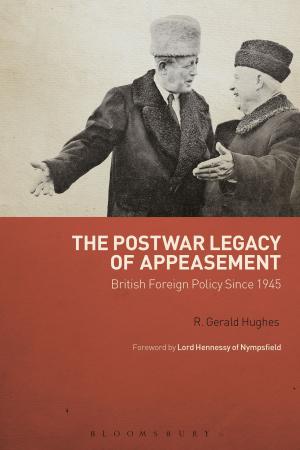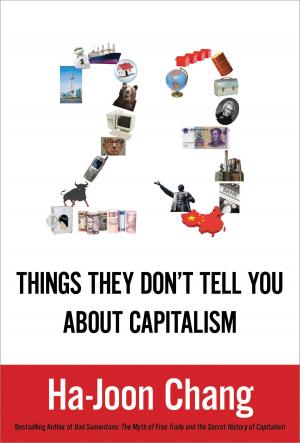Djuna Barnes's Nightwood
The World and the Politics of Peace
Fiction & Literature, Literary Theory & Criticism, American| Author: | Dr Bonnie Roos | ISBN: | 9781472529367 |
| Publisher: | Bloomsbury Publishing | Publication: | June 19, 2014 |
| Imprint: | Bloomsbury Academic | Language: | English |
| Author: | Dr Bonnie Roos |
| ISBN: | 9781472529367 |
| Publisher: | Bloomsbury Publishing |
| Publication: | June 19, 2014 |
| Imprint: | Bloomsbury Academic |
| Language: | English |
Ranging over depression-era politics, the failures of the League of Nations, popular journalism and the Modernist culture exemplified by such writers as James Joyce and T.S. Eliot, this is a comprehensive exploration of the historical contexts of Djuna Barnes's masterpiece, Nightwood.
In Djuna Barnes's Nightwood: 'The World' and the Politics of Peace, Bonnie Roos reads Barnes's novel against the backdrop of Herbert Bayard Swope's popular New York newspaper The World to demonstrate the ways in which the novel wrestles with such contemporaneous issues as the Great Depression and its political fallout, the failures of the League of Nations and the collapse of peace between the two World Wars. Roos argues that Nightwood allegorizes the role of liberal newspapers - epitomised by the sensationalism of The World - in driving a US policy that hastened the arrival of war.
Ranging over depression-era politics, the failures of the League of Nations, popular journalism and the Modernist culture exemplified by such writers as James Joyce and T.S. Eliot, this is a comprehensive exploration of the historical contexts of Djuna Barnes's masterpiece, Nightwood.
In Djuna Barnes's Nightwood: 'The World' and the Politics of Peace, Bonnie Roos reads Barnes's novel against the backdrop of Herbert Bayard Swope's popular New York newspaper The World to demonstrate the ways in which the novel wrestles with such contemporaneous issues as the Great Depression and its political fallout, the failures of the League of Nations and the collapse of peace between the two World Wars. Roos argues that Nightwood allegorizes the role of liberal newspapers - epitomised by the sensationalism of The World - in driving a US policy that hastened the arrival of war.















